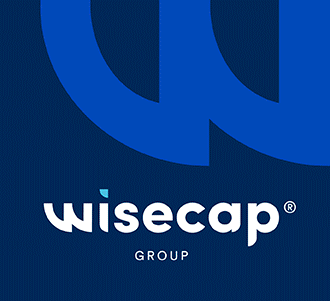Featuring a wall thickness of 0.32, the transparent, round 125-ml containers are representative of a whole genus of packaging, especially in the food industry. Thanks to integrated in-mould labelling (ILM), the containers are ready-for-filling as soon as they leave the production cell. The special feature in this application is the material. The thin-walled containers are produced directly from rPET in a single step. Up to now it has only been possible to process PET in thick-walled parts such as bottle preforms in injection moulding. The final packaging format was created in a second step of the process – by blow moulding for example.
Bottle-to-cup and cup-to-bottle as the target
Under the European Plastics Pact, the intent is for all plastic packaging to contain 30 percent recycled material and to be 100 percent recycling capable by 2025. The typical materials for packing foods in thin-thin-walled containers are polyolefins or polystyrene. However, experts estimate that it will be impossible to achieve the stated objectives with these materials. And the recycling flows lack the approval of the European food authority, EFSA. rPET offers a solution for avoiding penalties and special taxes here. Although the price for PET is high right now, this makes the material a cost effective alternative. EFSA has approved numerous recycling processes for PET, ensuring that the material is available in Europe.
PET offers the benefit of a close recycling loop already being in place. To date, PET is the only packaging material which can be processed as a recycled material on an industrial scale to create food packaging. This innovation sees partner companies pave the way for removing the need to downcycle packaging products other than bottles, and opens up an opportunity for recycling or even upcycling. This would substantially extend the range of uses for PET and rPET. In addition to the bottle-to-bottle cycle, this also means that the establishment of bottle-to-cup or even a cup-to-bottle recycling is conceivable.
Injecting at 1400 mm per second
The modified rPET being processed at the K show comes from drinks bottles recycled in the plants of packaging and recycling specialists ALPLA Group, who are headquartered in Hard, Austria. Other partner companies involved in the show exhibit are Brink (Harskamp, Netherlands) for the mould and IML automation and IPB Printing (Reusel, Netherlands) for the labels. An ENGEL e-speed 280/50 injection moulding machine is the heart of the production cell. ENGEL specifically developed this hybrid machine with its electrical clamping unit and hydraulic injection unit for the high performance requirements of thin-wall injection moulding. At K 2022, ENGEL has once again boosted the power of this machine series. The new high-performance injection unit achieves injection speeds up 1400 mm per second at a maximum injection pressure of up to 2600 bar when processing small shot weights with an extreme wall-thickness to flow path ratio. This makes it the most dynamic injection unit on the market worldwide.










